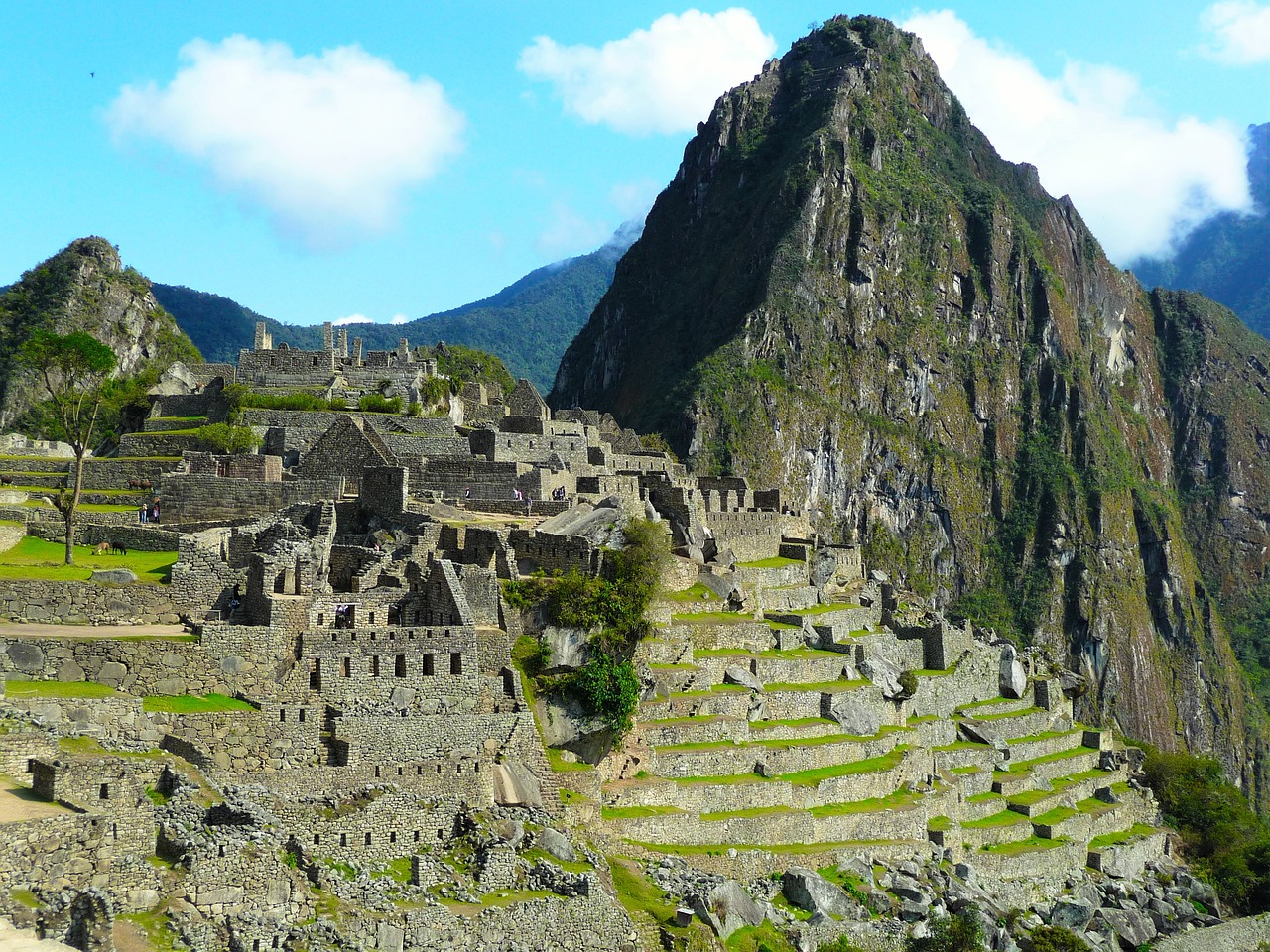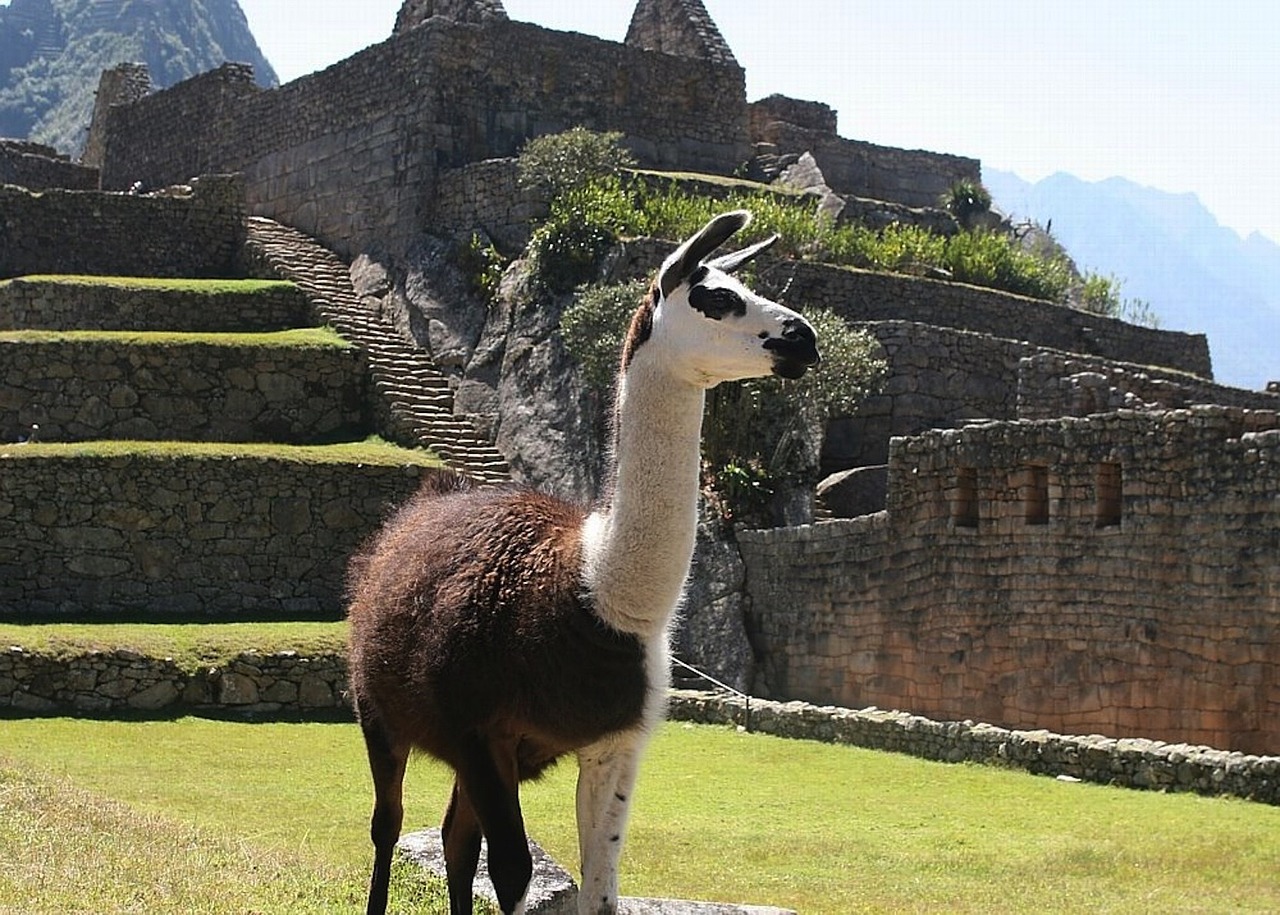Peru Video
Emergency Services: What to Know While in Peru
Peru is a beautiful country located in South America, known for its rich history, diverse culture, and stunning landscapes. Whether you are a tourist or a resident, it is essential to be aware of the emergency services available in Peru. In this article, we will explore the various emergency services in Peru and provide you with important information on how to access them when needed.
Medical Services
When it comes to medical emergencies in Peru, there are several options available for seeking immediate medical attention. It is crucial to familiarize yourself with the following medical services:
- Hospitals: Peru has both public and private hospitals that offer a range of medical services. Some of the well-known hospitals in Peru include Hospital Nacional Arzobispo Loayza, Hospital Guillermo Almenara Irigoyen, and Clinica Ricardo Palma. These hospitals have emergency departments equipped to handle various medical emergencies.
- Emergency Medical Services (EMS): Peru has a network of ambulance services that provide emergency medical transportation. SAMU (Servicio de Atención Móvil de Urgencia) is the primary emergency medical service in Peru. They can be reached by dialing 106.
- Medical Clinics: In addition to hospitals, there are numerous medical clinics throughout Peru that provide primary healthcare services. These clinics are an alternative option for non-life-threatening emergencies.
Peru Image 1: 
Police Services
In case of any criminal incidents or emergencies requiring police assistance, Peru has a reliable police force that can be contacted. Here are some important points to know about police services in Peru:
- National Police of Peru (Policía Nacional del Perú): The National Police of Peru is responsible for maintaining law and order in the country. In case of emergencies or crimes, you can contact the police by dialing 105.
- Tourist Police (Policía de Turismo): Peru has specialized tourist police units that cater specifically to tourists. They can provide assistance in multiple languages and are trained to handle tourist-related issues.
- Police Stations: Throughout Peru, there are police stations where you can report crimes or seek assistance. It is advisable to know the location of the nearest police station to your accommodation or tourist destination.
Fire Services
In the event of a fire emergency, Peru has fire services that are well-equipped to handle such situations. Here’s what you need to know about fire services in Peru:
- Fire Department (Cuerpo General de Bomberos Voluntarios del Perú): The Fire Department in Peru is responsible for firefighting and rescue operations. In case of a fire emergency, dial 116 to contact the fire department.
- Fire Stations: Fire stations are located strategically throughout Peru to ensure quick response times. It is essential to know the location of the nearest fire station in case of emergencies.
- Fire Safety: It is crucial to follow fire safety guidelines and regulations to prevent fire incidents. Ensure that you are aware of the emergency exits and evacuation procedures in your accommodation or any public spaces you visit.
Peru Image 2: 
Emergency Contacts
In addition to the specific emergency services mentioned above, it is important to have access to the following emergency contacts in Peru:
- Emergency Helpline: In Peru, you can dial 911 for general emergencies. This helpline can connect you to the appropriate emergency service based on your situation.
- Embassies and Consulates: If you are a foreign national in Peru and require assistance, it is advisable to know the contact details of your country’s embassy or consulate. They can provide support and guidance in case of emergencies or other issues.
- Tourist Assistance: Peru has tourist assistance centers located in popular tourist destinations. These centers provide support and guidance to tourists, including assistance during emergencies.
Natural Disasters
Peru is prone to various natural disasters, including earthquakes, floods, and landslides. It is crucial to be prepared and informed about potential risks. Here are some points to consider regarding natural disasters in Peru:
- Earthquakes: Peru is located in a seismically active region. Familiarize yourself with earthquake safety guidelines and know the designated safe areas in your surroundings.
- Floods and Landslides: Heavy rains can lead to floods and landslides in certain regions of Peru. Stay informed about weather forecasts and follow any evacuation orders or warnings issued by local authorities.
- Emergency Preparedness: Have an emergency kit ready with essential supplies, including food, water, medication, and a flashlight. Stay updated with local news and emergency alerts to ensure your safety during natural disasters.
Peru Image 3: 
Conclusion
Knowing about the emergency services available in Peru is essential for both residents and tourists. Whether you encounter a medical emergency, require police assistance, or face a fire incident, being aware of the appropriate contacts and procedures can make a significant difference. Additionally, understanding the risks associated with natural disasters and being prepared can help ensure your safety in Peru.
References
– gypsywarrior.com
– Hospital Nacional Arzobispo Loayza
– Hospital Guillermo Almenara Irigoyen
– Clinica Ricardo Palma
– SAMU (Servicio de Atención Móvil de Urgencia)
– National Police of Peru (Policía Nacional del Perú)
– Tourist Police (Policía de Turismo)
– Cuerpo General de Bomberos Voluntarios del Perú


